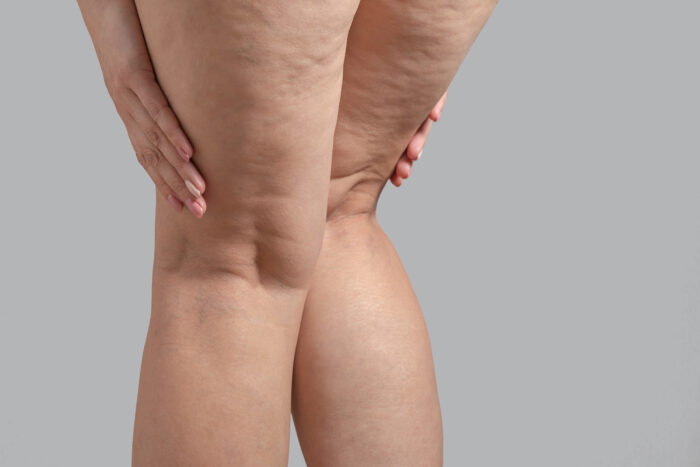Our skin is a living organ that protects us from the outside world. Skin cancer forms when skin cells divide abnormally. Abnormal cell growth often occurs because the DNA of the cells has been damaged. Ultraviolet (UV) light can harm skin cells and increase your risk of skin cancer. While you cannot eliminate your risk of skin cancer, you can take steps to decrease it.
What is Skin Cancer?
Skin cancer occurs when skin cells begin to divide in an abnormal way. Damage to a cell’s DNA can cause it to divide too fast or to grow in unusual ways. Most skin cancers grow slowly and have a low risk of spreading to other parts of the body, but some can become dangerous if not treated early. Any lesions or spots on the skin that look unusual should get checked by a dermatologist.





